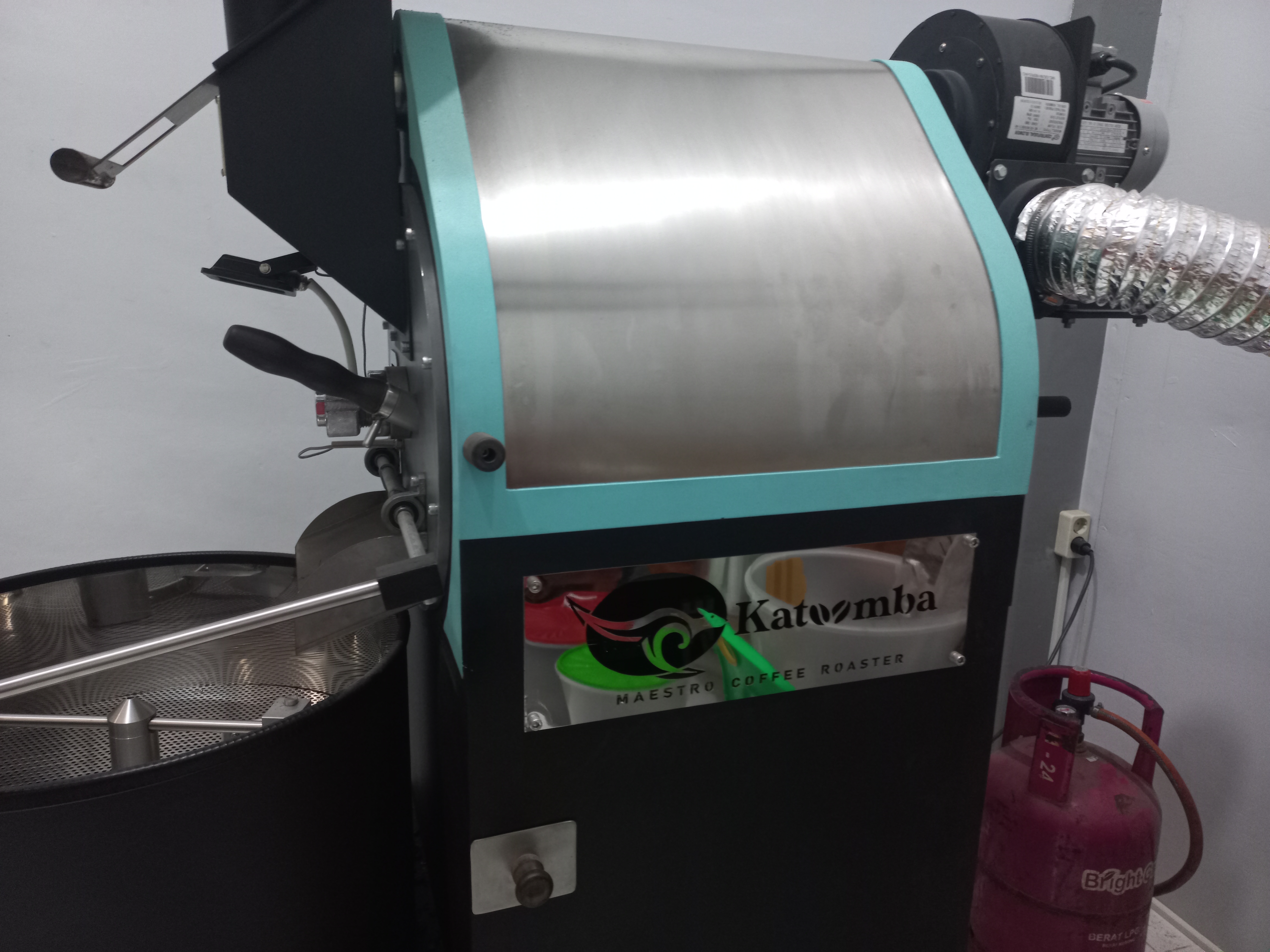
If you’re looking for the perfect cup of coffee, roasting your own beans is the way to go! In this article, we’ll guide you through the process of crafting and roasting coffee beans, as well as provide tips on how to make the perfect cup every time. So grab a mug and get ready to learn - because when it comes to coffee, there’s no room for error!
What is Coffee Roastery?
Coffee roasting is the process of turning coffee beans into the aromatic, flavorful drink we know and love. It involves subjecting the beans to high temperatures, which brings out their natural oils and sugars and gives them their signature flavor.
There are a few different methods of roasting coffee, but the most common is drum roasting. This method uses a rotating drum to evenly expose the beans to heat, resulting in a perfectly roasted cup of coffee.
The art of coffee roasting is more than just a science – it’s an art form. The roast master has to carefully monitor the roasting process to ensure that the beans are roasted to perfection.
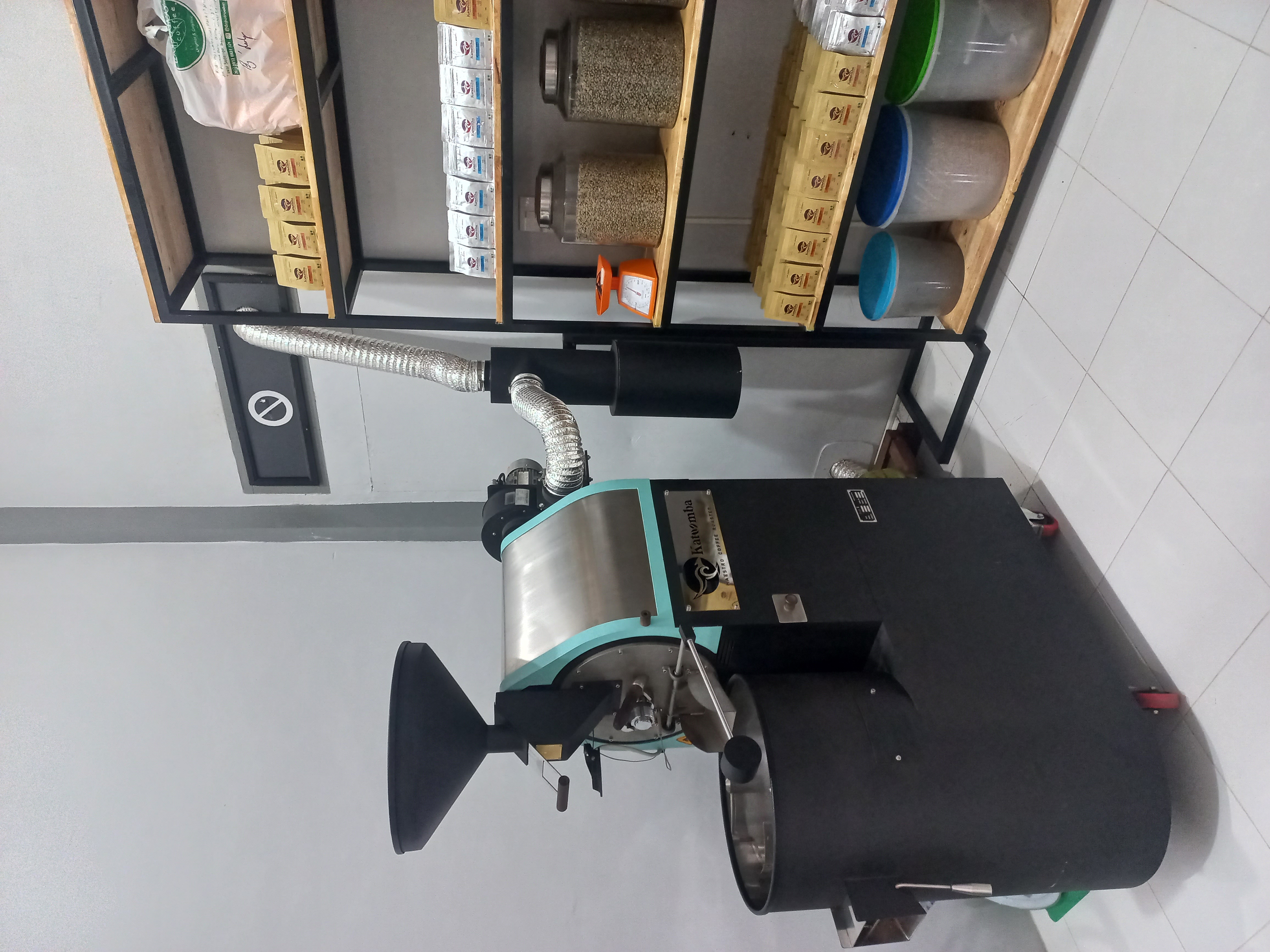
A well-roasted bean will have a rich flavor with complex notes of fruit, chocolate, or even nuts. The perfect cup of coffee is only possible with perfectly roasted beans, so be sure to find a reputable coffee roaster who can craft the perfect cup for you.
The Benefits of Roasting Your Own Coffee
As coffee roasting becomes more popular among at-home baristas, many are wondering if it’s worth the effort. After all, pre-roasted coffee is widely available and easy to use. So why roast your own?
Here are four benefits of roasting your own coffee:
- You Can Customize Your Roast
When you roast your own coffee, you have complete control over the roast profile. This means you can experiment with different roasts to find the perfect flavor for your palate. Do you like your coffee light and fruity? Or dark and chocolatey? Roasting your own beans lets you customize your cup however you like it.
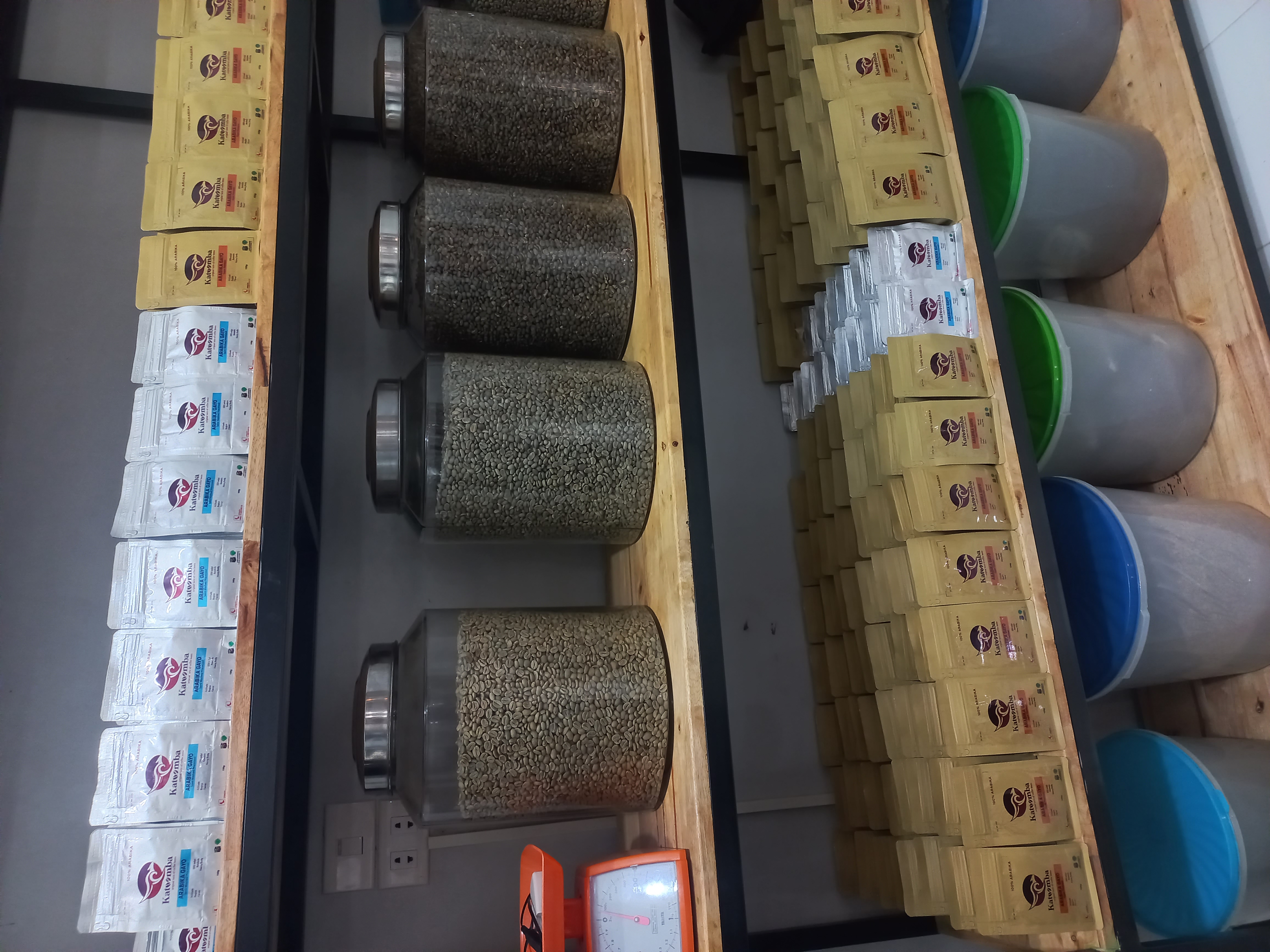
- You Know Exactly When It Was Roasted
Have you ever wondered how long ago that bag of pre-roasted beans was roasted? When you roast your own beans, there’s no guessing game – you know exactly when they were roasted and how fresh they are. This is important because coffee beans start to lose their flavor soon after they’re roasted. The fresher the beans, the better the coffee will taste.

- You Can Save Money In The Long Run
Sure, buying pre-roasted beans is convenient. But it can also be expensive, especially if you’re buying high-quality beans from a specialty roaster. If you roast your own beans, you can save money in the long run – especially if you are a homemade coffee drinker.
The Different Types of Coffee Roasting Methods
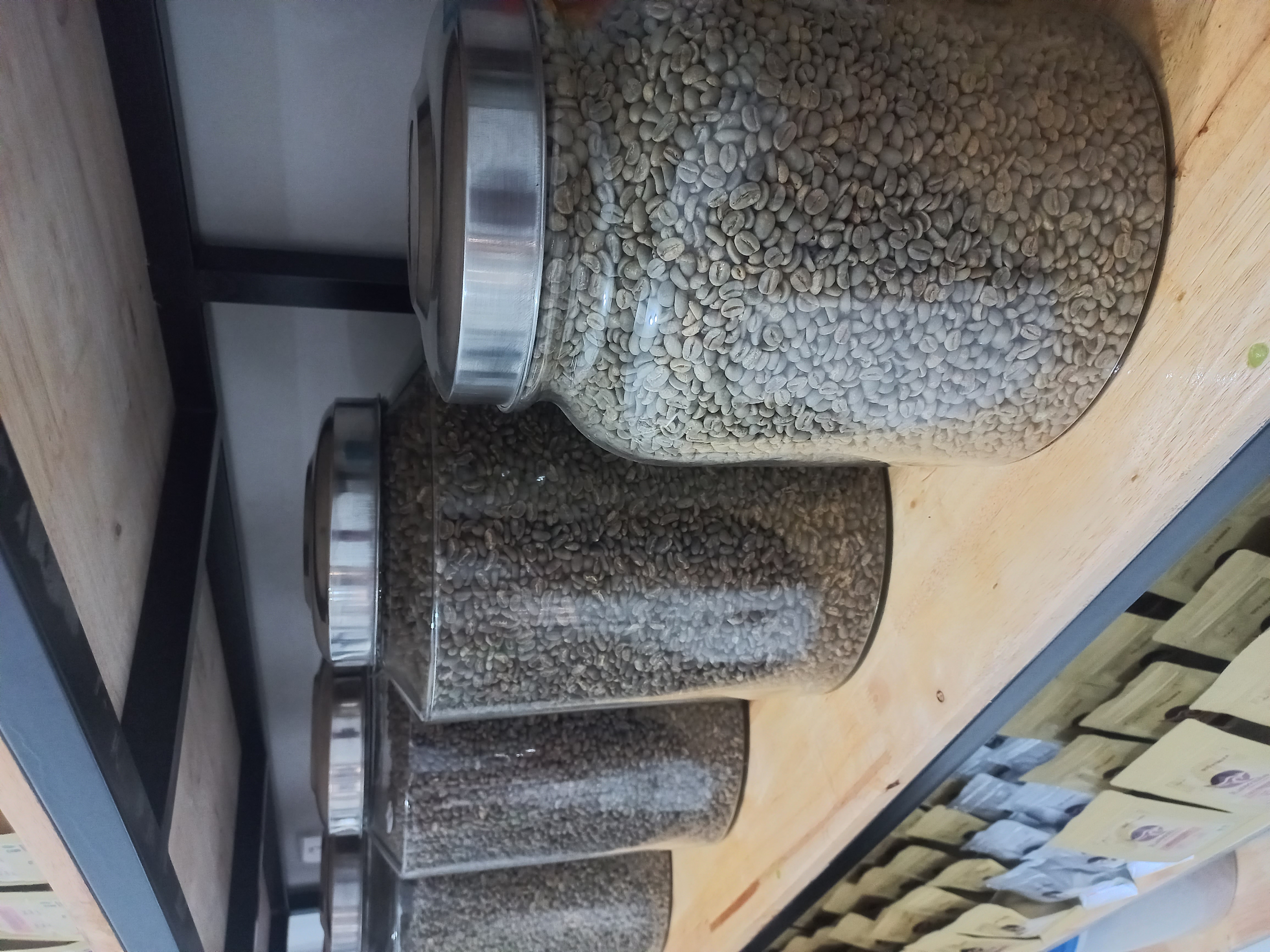
Coffee roasting is a process of heating green coffee beans in order to change their physical and chemical properties. Roasting coffee beans develops the characteristic flavor profiles that we know and love in our morning cup of joe. The different types of coffee roasting methods will produce coffees with distinct taste profiles, so it is important to choose the right method for the type of coffee you want to drink.
There are four main types of coffee roasting methods: light roast, medium roast, dark roast, and decaffeinated.
Light roast coffees are roasted for a shorter amount of time than dark roast coffees. This results in a coffee with a lighter body and more acidity. The caffeine content is also lower in light roast coffees. Medium roast coffees are roasted for a longer amount of time than light roast coffees, but not as long as dark roast Coffees. This results in a coffee with a fuller body and less acidity.
The caffeine content is also higher in medium roast coffees. Dark roast coffees are roasted for the longest amount of time out of all the different types of roasts. This results in a coffee with a very full body and low acidity.
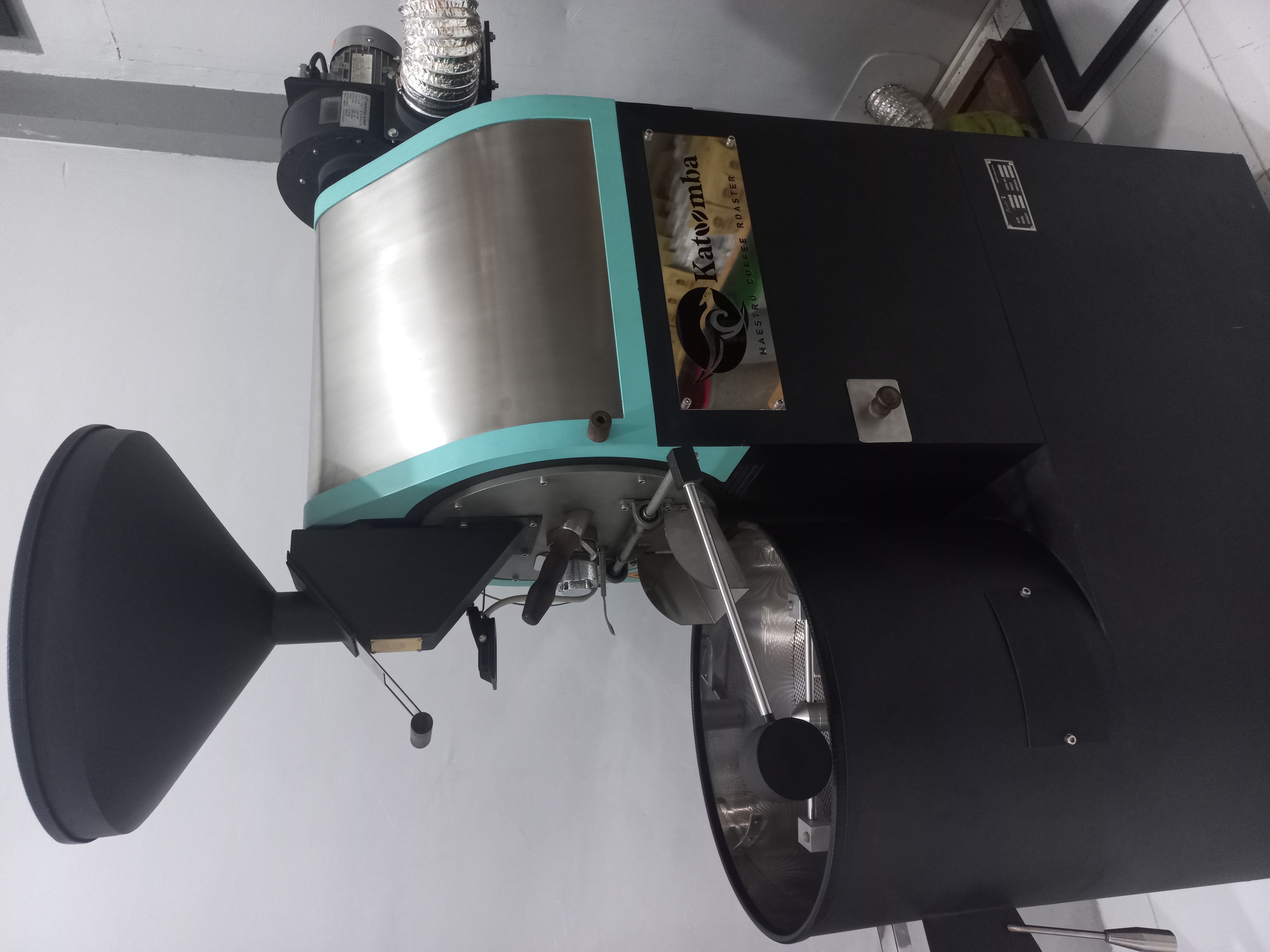
The caffeine content is also highest in dark roast coffees. Decaffeinated coffees go through an extra step during the roasting process where the caffeine is removed from the beans before they are roasted. This results in a coffee with no caffeine content.
There are four main types of coffee roasting methods: light, medium, dark, and very dark. The type of roast you choose will depend on your personal preference.
Light Roasts: Light roasts have a lighter body and acidity than dark roasts. They are also less intense and have a more delicate flavor. The beans are roasted for a shorter amount of time, which prevents them from developing the bitterness that is characteristic of dark roasts.
Medium Roasts: Medium roasts are well-balanced and have a moderate body and acidity. They have a robust flavor without being too intense. The beans are roasted for a longer period of time than light roasts, but not as long as dark roasts.
Dark Roasts: Dark roasts have a fuller body and less acidity than light roasts. They are also more intense and have a smokier flavor. The beans are roasted for the longest amount of time, which gives them their characteristic bitterness.
Very Dark Roasts: Very dark roasts have an even fuller body and acidity than dark roasts. They are also very intense and have a burnt flavor. The beans are roasted for an even longer amount of time than dark roasts, which makes them even more bitter.
How to Select the Right Roast for Your Needs
When it comes to choosing the right roast for your needs, there are a few things you should keep in mind. First, think about what kind of flavor profile you're looking for. Do you want something light and fruity? Or dark and chocolatey? Once you've decided on that, you can start to narrow down your choices.

If you're looking for a light roast, try something like a blonde or light roast coffee. These roasts are typically lower in acidity and have brighter, fruitier flavors. If you want something with more body and depth of flavor, go for a medium roast like an Americano or a French Roast. These coffees will have more complex flavors, but won't be as bitter as a dark roast.
Finally, if you're looking for the strongest, most intense flavor possible, go for a dark roast like an Italian Roast or Espresso Roast. These roasts have been roasted for longer, which brings out more of the natural oils in the beans and results in a richer, more full-bodied flavor. Keep in mind that dark roasts can also be more acidic and have a higher caffeine content, so they might not be the best choice if you're sensitive to those things.
Once you've chosen your desired roast level, it's time to start thinking about how to brew your coffee. The brewing method you use can also impact the final flavor of your cup.
Tips on Crafting the Perfect Cup of Coffee
If you're looking to craft the perfect cup of coffee, there are a few things you should keep in mind. First, start with fresh, quality beans. If you can, purchase beans that have been freshly roasted - this will make a big difference in the flavor of your coffee.
Once you have your beans, it's important to grind them fresh before brewing. A good rule of thumb is to use about 2 tablespoons of coffee per 6 ounces of water. When brewing, be sure to use water that is at a rolling boil. Allow your coffee to brew for 3-4 minutes before removing from heat. And finally, enjoy!
Experimenting with different brewing methods and grind sizes can help you find the perfect cup for you. You may even want to try different types of beans, or explore your local coffee shops for unique blends.
Common Mistakes to Avoid When Roasting Coffee
When it comes to roasting coffee, there are a few common mistakes that can ruin your cup. Avoid these pitfalls and you'll be well on your way to enjoying a perfect cup of coffee.
Overcooking: Overcooking your coffee will make it bitter and burnt tasting. This is probably the most common mistake made when roasting coffee. Keep an eye on your beans and make sure they don't get too dark.
Undercooking: If you don't roast your beans long enough, they'll be underdeveloped and won't have the flavor you're looking for. Make sure to roast your beans until they're a nice, dark brown color.
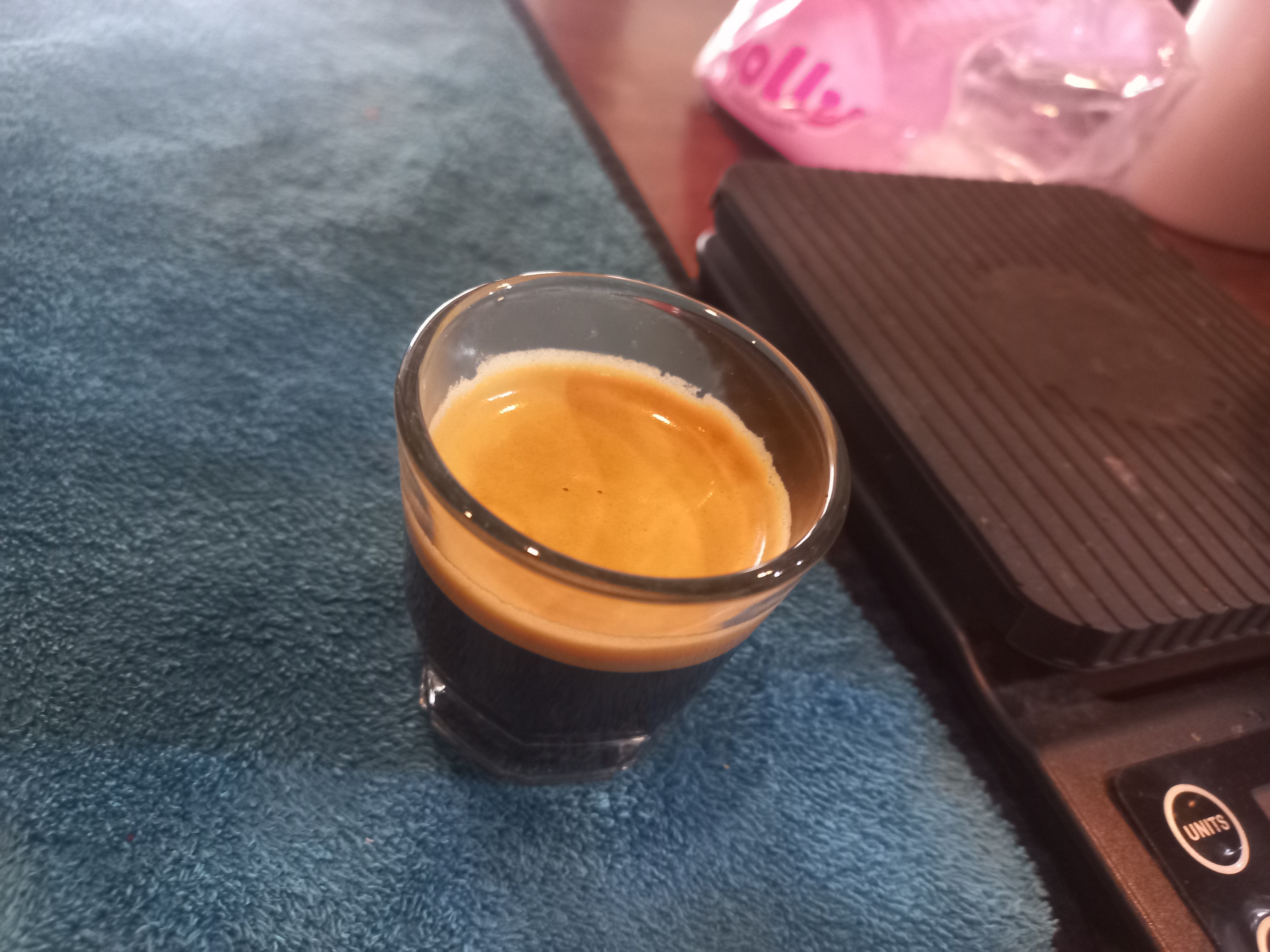
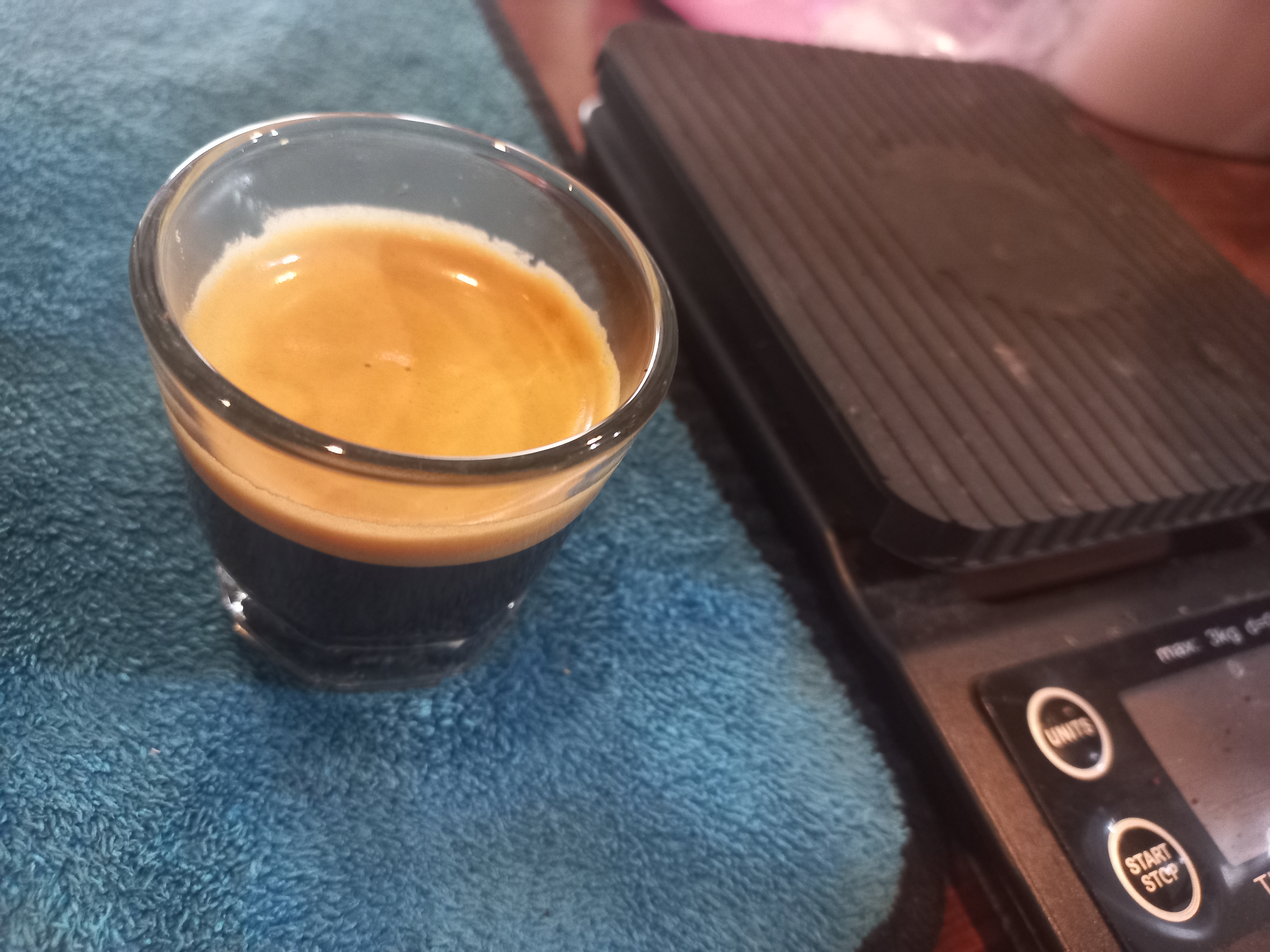
Not Cooling Properly: After you roast your beans, it's important to let them cool properly before grinding and brewing. If you don't, the heat from the roasting process will continue to develop the beans and they could end up overcooked. Let them cool on a wire rack or in a colander before grinding and brewing.
Roasting Coffee with Food: If you're roasting coffee at home, do not try to roast it with food in the oven at the same time. The two will not cook evenly and the coffee will likely come out undercooked or burnt. Roast your coffee by itself to ensure perfect results every time.
Conclusion
Roasting for the perfect cup of coffee is a delicate art. There are countless variables to consider from selecting the right beans, determining when it's reached its peak roast, and brewing your creation perfectly.
With our guide to coffee roasting and crafting the perfect drink, you can easily create delicious cups of joe that will have everyone coming back for more! So don't be scared to experiment with different types of beans and techniques in order to find your own personal taste -- you'll soon become an expert at roasting for a perfect cup!
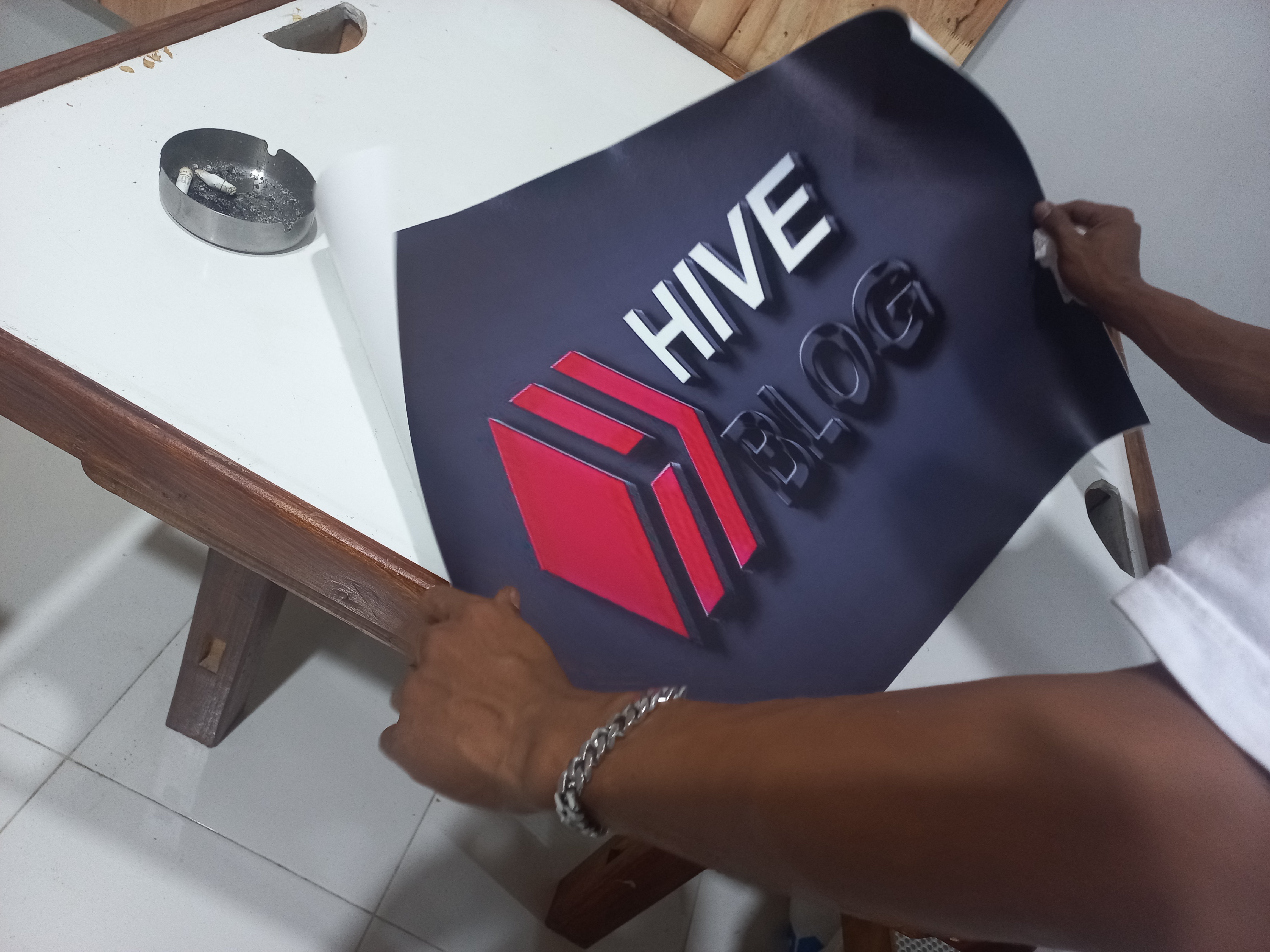
Regards from Katoomba Coffee & Roastery.
#Katoomba Coffee, rasa yang menggugah selera